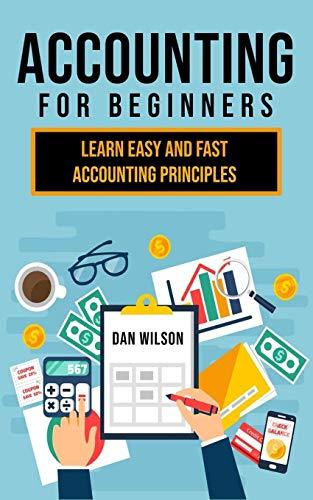


Question 3 Mike is a friend of yours who has worked at a number of restaurants. He has always wanted to own his own business and his dream can now come true because he just won $800,000 in a lottery. There are two restaurants (one is small and one is large) currently operating that are available for purchase on January 1. Regardless of which one he buys, Mike will set up a business that will have a December 31 year end. The business will be financed with his winnings from the lottery and the business will then buy all of the assets of one of the two restaurants. Mike is not sure if the money he puts into the business should consist completely of debt or equity. He believes that the assets will cost $800,000 for the small restaurant and $1,600,000 for the large restaurant. Revenues for the first year are expected to be equal to the value of the assets purchased. Operating expenses are expected to be 80% of sales, and the corporate income tax rate is calculated at 25% of income before income tax. Interest on any loans (whether from Mike or from the bank) will be 5% and any net income earned by the corporation will be paid out as dividends. Mike needs your help in assessing the following three options: 1. His business is formed as a corporation with $800,000 of common shares and no debt. The assets of the small restaurant are then purchased by the business. 2. His business is formed as a corporation with $1 of common shares and a $799,999 loan from Mike. The assets of the small restaurant are then purchased by the business. 3. His business is formed as a corporation with $800,000 of common shares and a $800,000 loan from the bank. The assets of the large restaurant are then purchased. " (a) - answer is correct. For each of the three options listed above, prepare the income statement that you would expect to see for the first year of the company's operations. Option 1 All equity Option 2 All debt Option 3 Debt & equity T Revenue 800,000 800,000 1,600,000 TOperating Expenses 640,000 640,000| 1,280,000 7 Income from Operations | 160,000 160,000 320,000| T Interest Expense | 40,000 | 40,000 | T Income Before Income Tax ] | 160,000| 120,000| | | 280,000 Income Tax Expense 30,000 70,000 UU T Net income | 120,000 90,000] . _210,000 (61) x Your answer is incorrect. Try again. Calculate the return on common shareholders' equity for the first year for each option above. (Round answers to 1 decimal place, e.g. 52.7.) Option 1 Option 2 Option 3 Return on common shareholders' equity 120.)180. 30.0 18000000.0 523). 52.5)









